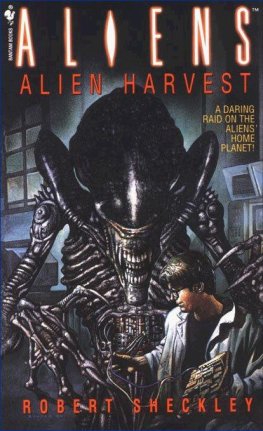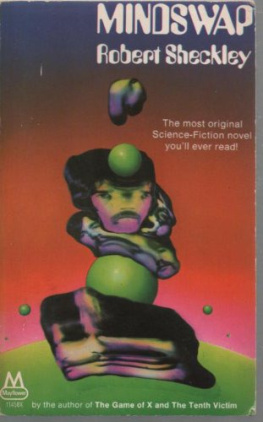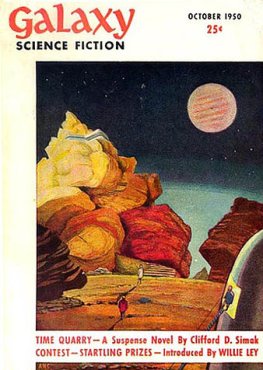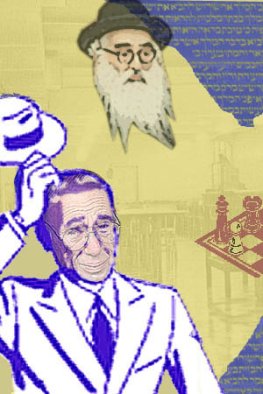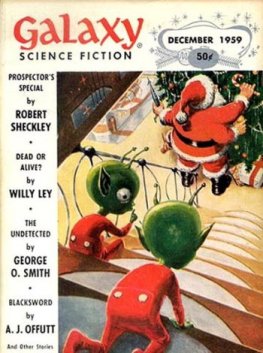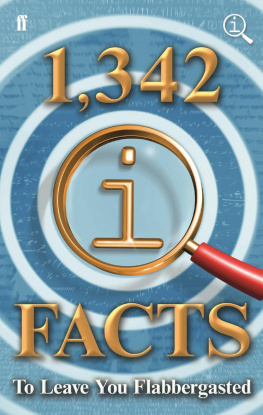THE STATUS CIVILIZATION
ROBERT SHECKLEY
TO ANYA
His return to consciousness was a slow and painful process. It was a journey in which he traversed all time. He dreamed. He rose through thick layers of sleep, out of the imaginary beginnings of all things. He lifted a pseudopod from primordial ooze, and the pseudopod was him. He became an amoeba which contained his essence; then a fish marked with his own peculiar individuality; then an ape unlike all other apes. And finally, he became a man.
What kind of man? Dimly he saw himself, faceless, a beamer gripped tight on one hand, a corpse at his feet. That kind of man.
He awoke, rubbed his eyes, and waited for further memories to come.
No memories came. Not even his name.
He sat up hastily and willed memory to return. When it didn't, he looked around, seeking in his surroundings some clue to his identity.
He was sitting on a bed in a small gray room. There was a closed door on one side. On the other, through a curtained alcove, he could see a tiny lavatory. Light came into the room from some hidden source, perhaps from the ceiling itself. The room had a bed and a single chair, and nothing else.
He held his chin in his hand and closed his eyes. He tried to catalogue all his knowledge, and the implications of that knowledge. He knew that he was a man, species Homo sapiens, an inhabitant of the planet Earth. He spoke a language which he knew was English. (Did that mean that there were other languages?) He knew the commonplace names for things: room, light, chair. He possessed in addition a limited amount of general knowledge. He knew that there were many important things which he did not know, which he once had known.
Something must have happened to me.
That something could have been worse. If it had gone a little further, he might have been left a mindless creature without a language, unaware of being human, of being a man, of being of Earth. A certain amount had been left to him.
But when he tried to think beyond the basic facts in his possession, he came to a dark and horror-filled area. Do Not Enter. Exploration into his own mind was as dangerous as a journey towhat? He couldn't find an analogue, though he suspected that many existed.
I must have been sick.
That was the only reasonable explanation. He was a man with the recollection of memories. He must at one time have had that priceless wealth of recall which now he could only deduce from the limited evidence at his disposal. At one time he must have had specific memories of birds, trees, friends, family, status, a wife perhaps. Now he could only theorize about them. Once he had been able to say, this is like, or, that reminds me of. Now nothing reminded him of anything, and things were only like themselves. He had lost his powers of contrast and comparison. He could no longer analyze the present in terms of the experienced past.
This must be a hospital.
Of course. He was being cared for in this place. Kindly doctors were working to restore his memory, to replace his identity, to restore his judgment apparatus, to tell him who and what he was. It was very good of them; he felt tears of gratitude start in his eyes.
He stood up and walked slowly around his small room. He went to the door and found it locked. That locked door gave him a moment of panic which he sternly controlled. Perhaps he had been violent.
Well, he wouldn't be violent any more. They'd see. They would award him all possible patient privileges. He would speak about that with the doctor.
He waited. After a long time, he heard footsteps coming down the corridor outside his door. He sat on the edge of the cot and listened, trying to control his excitement.
The footsteps stopped beside his door. A panel slid open, and a face peered in.
"How are you feeling?" the man asked.
He walked up to the panel, and saw that the man who questioned him was dressed in a brown uniform. He had an object on his waist which could be identified, after a moment, as a weapon. This man was undoubtedly a guard. He had a blunt, unreadable face.
"Could you tell me my name?" he asked the guard.
"Call yourself 402," the guard said. "That's your cell number."
He didn't like it. But 402 was better than nothing at all. He asked the guard, "Have I been sick for long? Am I getting better?"
"Yes," the guard said, in a voice that carried no conviction. "The important thing is, stay quiet. Obey the rules. That's the best way."
"Certainly," said 402. "But why can't I remember anything?"
"Well, that's the way it goes," the guard said. He started to walk away.
402 called after him, "Wait! You can't just leave me like this, you have to tell me something. What happened to me? Why am I in this hospital?"
"Hospital?" the guard said. He turned toward 402 and grinned. "What gave you the idea this was a hospital?"
"I assumed it," 402 said.
"You assumed wrong. This is a prison."
402 remembered his dream of the murdered man. Dream or memory? Desperately he called after the guard. "What was my offense? What did I do?"
"You'll find out," the guard said.
"When?"
"After we land," the guard said. "Now get ready for assembly."
He walked away. 402 sat down on the bed and tried to think. He had learned a few things. He was in a prison, and the prison was going to land. What did that mean? Why did a prison have to land? And what was an assembly?
402 had only a confused idea of what happened next. An unmeasurable amount of time passed. He was sitting on his bed, trying to piece together facts about himself. He had an impression of bells ringing. And then the door of his cell flew open.
Why was that? What did it mean?
402 walked to the door and peered into the corridor. He was very excited, but he didn't want to leave the security of his cell. He waited, and the guard came up.
"All right, now," the guard said, "No one's going to hurt you. Go straight down the corridor."
The guard pushed him gently. 402 walked down the corridor. He saw other cell doors opening, other men coming into the corridor. It was a thin stream at first; but as he continued walking, more and more men crowded into the passageway. Most of them looked bewildered, and none of them talked. The only words were from the guards:
"Move along now, keep on moving, straight ahead."
They were headed into a large circular auditorium. Looking around, 402 saw that a balcony ran around the room, and armed guards were stationed every few yards along it. Their presence seemed unnecessary; these cowed and bewildered men weren't going to stage a revolt. Still, he supposed the grim-faced guards had a symbolic value. They reminded the newly awakened men of the most important fact of their lives: that they were prisoners.
After a few minutes, a man in a somber uniform stepped out on the balcony. He held up his hand for attention, although the prisoners were already watching him fixedly. Then, though he had no visible means of amplification, his voice boomed hollowly through the auditorium.
"This is an indoctrination talk," he said. "Listen carefully and try to absorb what I am about to tell you. These facts will be very important for your existence."
The prisoners watched him. The speaker said, "All of you have, within the last hour, awakened in your cells. You have discovered that you cannot remember your former livesnot even your names. All you possess is a meager store of generalized knowledge; enough to keep you in touch with reality.
"I will not add to your knowledge. All of you, back on Earth, were vicious and depraved criminals. You were people of the worst sort, men who had forfeited any right to consideration by the State. In a less enlightened age, you would have been executed. In our age, you have been deported."


